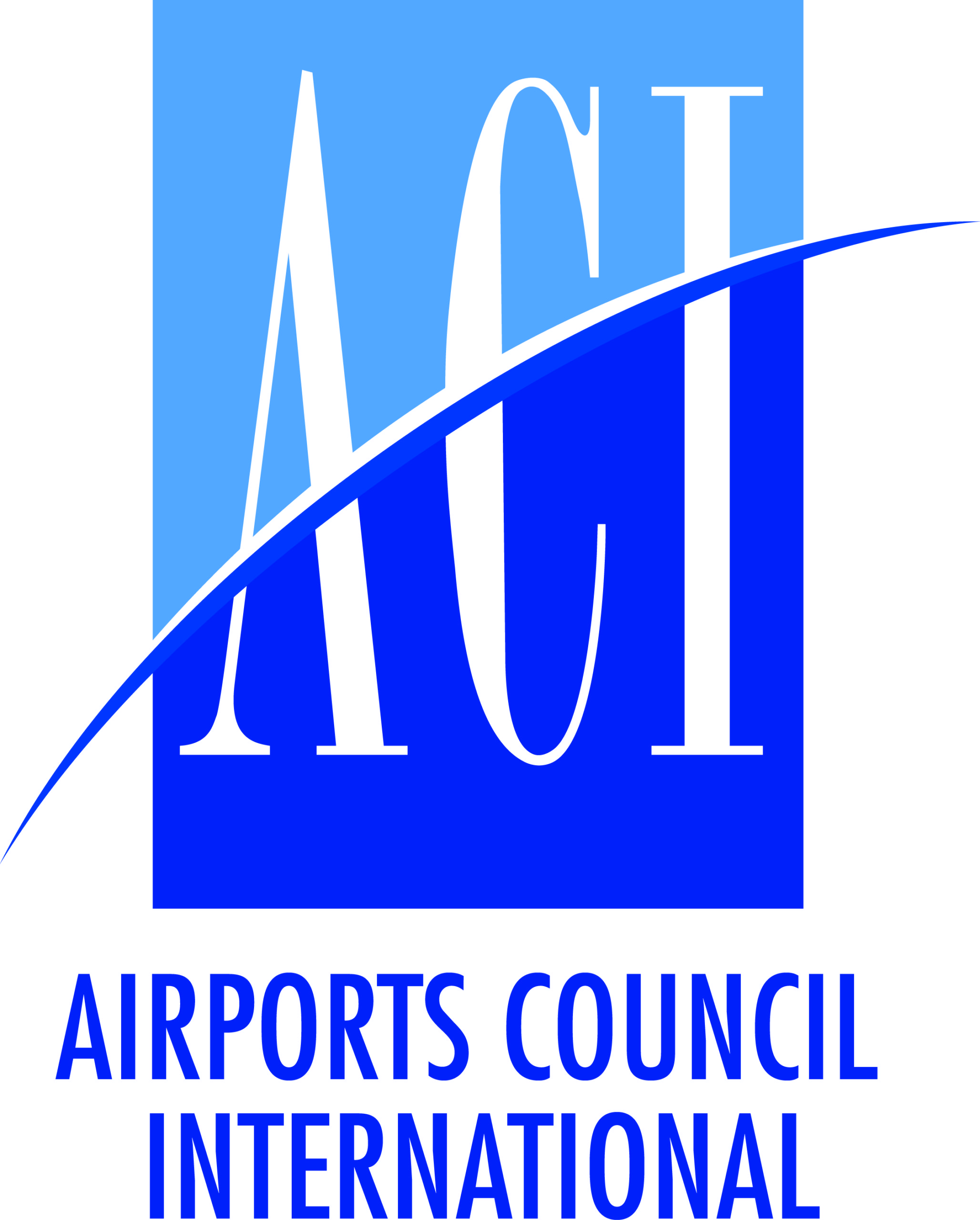Source: ACI World
- Tool helps evaluate needs to best support the passenger journey
- “ACI World is determined to provide new guidance and innovative tools to support our airport members as the industry continues to navigate a recovery from the impact and effects of the COVID-19 pandemic,” ACI World Director General Luis Felipe de Oliveira said.
Airports Council International (ACI) World has today released a new tool to assist airports in terminal planning to increase capacity as the global recovery from the pandemic continues.
The new Static Capacity Tool – developed by ACI World Business Partner Redwater Consulting Group – will assist by helping airports to evaluate the level of resource and equipment needed throughout the airport passenger journey, and assessing queue length, queue time and breaking points with a particular focus on the challenges arising from physical distancing.
It has been designed to provide a simple method for evaluating any additional space or queuing requirements needed as a result of COVID-19 physical distancing measures and the impact of adding more process points to address additional health checks that have been introduce at many airports.
The tool is user friendly and not complex, allowing non-technical airport employees to make use of the model through simple inputs and a painless user interface in order to assist airports in providing an efficient, safe, and seamless passenger experience.
“ACI World is determined to provide new guidance and innovative tools to support our airport members as the industry continues to navigate a recovery from the impact and effects of the COVID-19 pandemic. We wanted to assist airports in their determination to provide an efficient, safe, and seamless passenger journey while meeting all physical distancing and other COVID-19 expectations and requirements,” ACI World Director General Luis Felipe de Oliveira said.
“Providing support for our members during the process of restart and recovery is a key priority for our organization and this simple, low cost solution will assist even small and medium-sized airports to prevent bottlenecks in the airports and improve the passenger experience.
“Listening to feedback from our committees, we have worked with one of our World Business Partners, Redwater, to develop a simple, user-friendly capacity tool to assist airports in planning for operations as passenger levels increase.
“The tool assists them in understanding the impact of physical distancing on passenger process points with estimated queue length as they plan for the increase in traffic and operations.”
ACI World selected Redwater for this project following an open Request For Proposal process which was designed to meet the needs of members.
Managing Director of Redwater Anthony Cicuttini said this simple tool, created by working with ACI can assist users to gain insight and optimise their operations during the recovery and beyond. “We designed the tool with the user in mind and kept everything as simple as possible, which is difficult to achieve with something as complex as an airport,” Anthony Cicuttini said. “Users can check the performance of their existing operations, assess how changes to processors will impact performance, or understand the requirements of new infrastructure.
“As aviation recovers, it is imperative that airports ensure their operations can cope with the new realities of the industry, and we think this tool will help with that directive.”
To deliver this tool to members, ACI partnered with Redwater Consulting Group, who are specialists in aviation strategy, working across the industry’s value chain. The Redwater team takes pride in developing innovative, workable, and value additive solutions for clients across three main disciplines: Strategy and Economics, Business Intelligence & Data Science, and Planning & Operations.
The tool focuses on terminal process points including Check-in (online, bag drop, traditional desks) security, emigration, immigration, boarding, and baggage reclaim, and uses average cycle times throughout each process point to generate an overall queue time for that process point.


